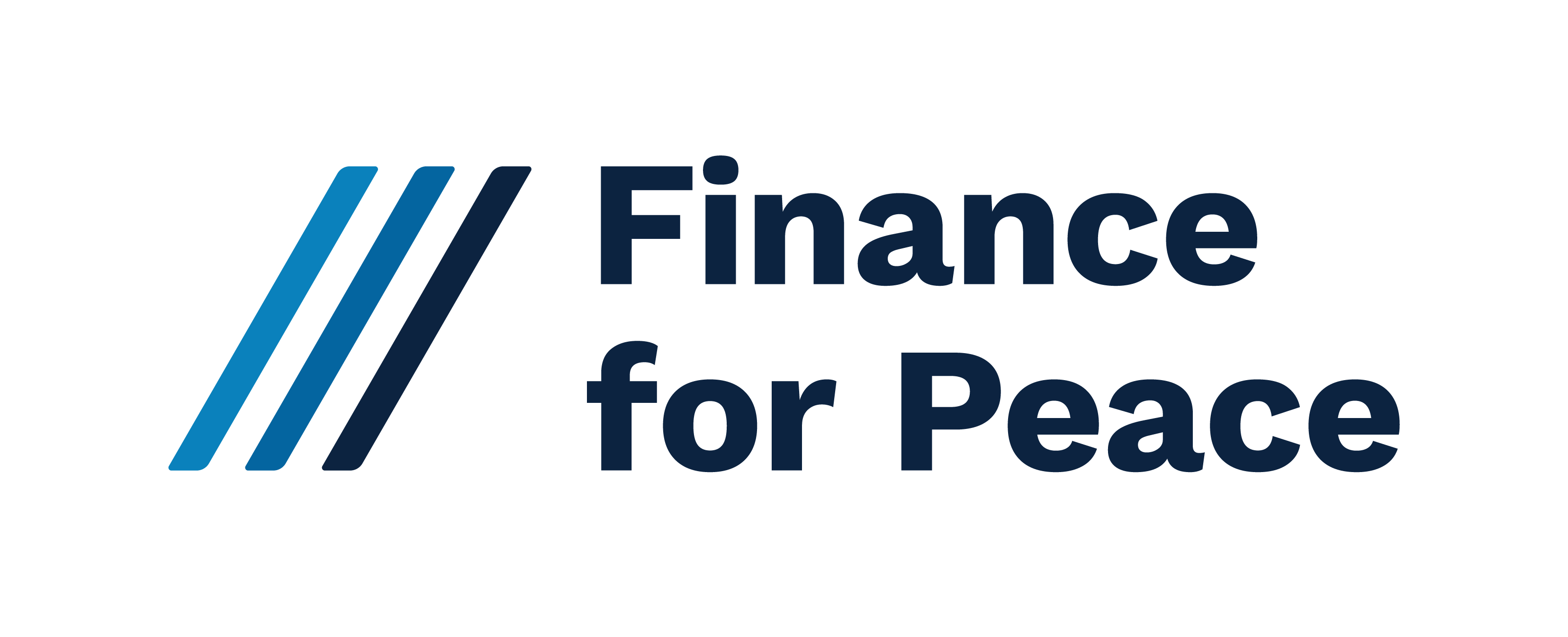Become a Peace Partner
Understanding the role of Peace Partners in impact investing
Who are Peace Partners? Peace Partners are crucial allies in impact investing, as experts in peacebuilding. They provide a diverse mix of skills, knowledge and networks essential for navigating the complexities of investing in fragile and conflict-affected environments. These partners range from local organisations well versed in humanitarian assistance, peacebuilding and development to intermediaries bringing in various local actors.
The value of effective Peace Partners Effective Peace Partners provide critical networks and contextual knowledge, acting as intermediaries between local communities and investors. Their role can be likened to advisors, guiding issuers and investors in aligning with the Peace Taxonomy and achieving peace additionality.
Who can become approved Peace Partners, and what criteria are used for their selection?
Approved Peace Partners play a vital role in the success of peace-related projects. The process for selection is as follows:
Criteria for Peace Partners
To qualify as a Peace Partner, an organisation or entity must have a credible background in peace-related work. This includes a proven track record in peace initiatives, relevant capacities, a strong network and deep knowledge of the specific context in which the Peace Partner operates.
Diversity of partners
Peace Partners can range from local organisations deeply embedded in the community to larger intermediary organisations with a broader reach. Each type of partner brings unique advantages to a project.
Number of partners
The number of Peace Partners involved in a project can vary. This depends on the project’s scope, complexity and specific needs. A larger project might require multiple partners in order to address different aspects of peacebuilding effectively.
Importance of local and contextual knowledge
Special emphasis is placed on choosing partners who understand the local context and dynamics, as this knowledge is crucial for the success of peace-related projects.
Issuer’s role in identification
Even though pre-approved Peace Partners will be vetted, it is the responsibility of the issuer to identify and select suitable Peace Partners during the planning phase of a project. This selection should be based on a thorough evaluation of the potential partner’s experience and effectiveness in peacebuilding activities.
In summary, approved Peace Partners are essential for the effective implementation of peace projects. They are identified and vetted based on their experience, expertise and ability to contribute meaningfully to peacebuilding efforts. The selection process is carefully managed by the Standards Committee.
Peace Partners directory [available shortly]
